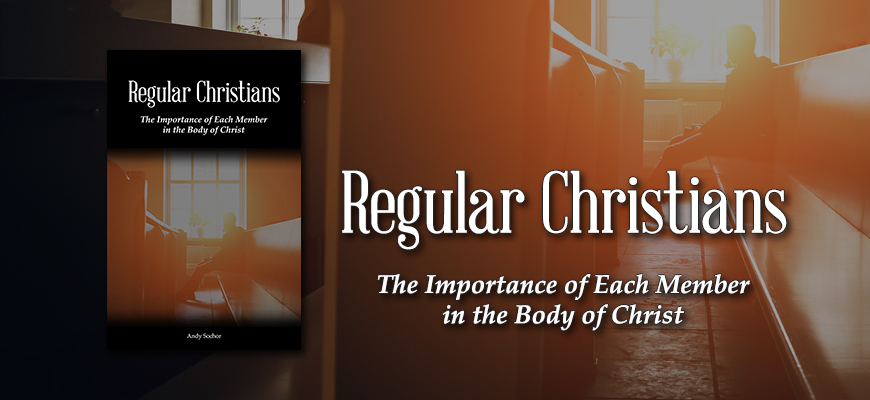
There can be no restoration without the spirit of restoration which is the desire to take the New Testament as the standard of obedience. One cannot have the spirit of restoration without completely laying aside all human creeds, decrees of popes, and religious organizations unknown to the New Testament. Here are some vital facts that we must know and believe about the New Testament if we are to be successful in restoring New Testament Christianity: (1) The New Testament is divine – from God (2 Tim. 3:16-17); (2) It is authoritative (John 12:48); (3) It is intelligible (Eph. 3:4; 5:17); (4) It is universal (Mark 16:15-16); (5) It needs no revision (James 1:25; 1 Cor. 13:10); (6) It is sufficient (2 Tim. 3:16-17); and (7) It has life and power to bring the church into existence any time men choose to let it have its way in their lives (Luke 8:11; Heb. 4:12).
So I say to you, brother or sister in Christ, are you interested in restoring New Testament Christianity, or do you find yourself blindly following the popular crowd without seriously checking to see whether or not your practice is after the New Testament order? Remember, we are the Lord’s church ONLY if we walk according to God’s divine truth (1 John 2:19; 1 Cor. 11:19)!
The above post is an excerpt from the book, Church History: The Church, the Falling Away, and the Restoration by Donald Townsley. Follow the link to learn more about the book and purchase your copy today!

